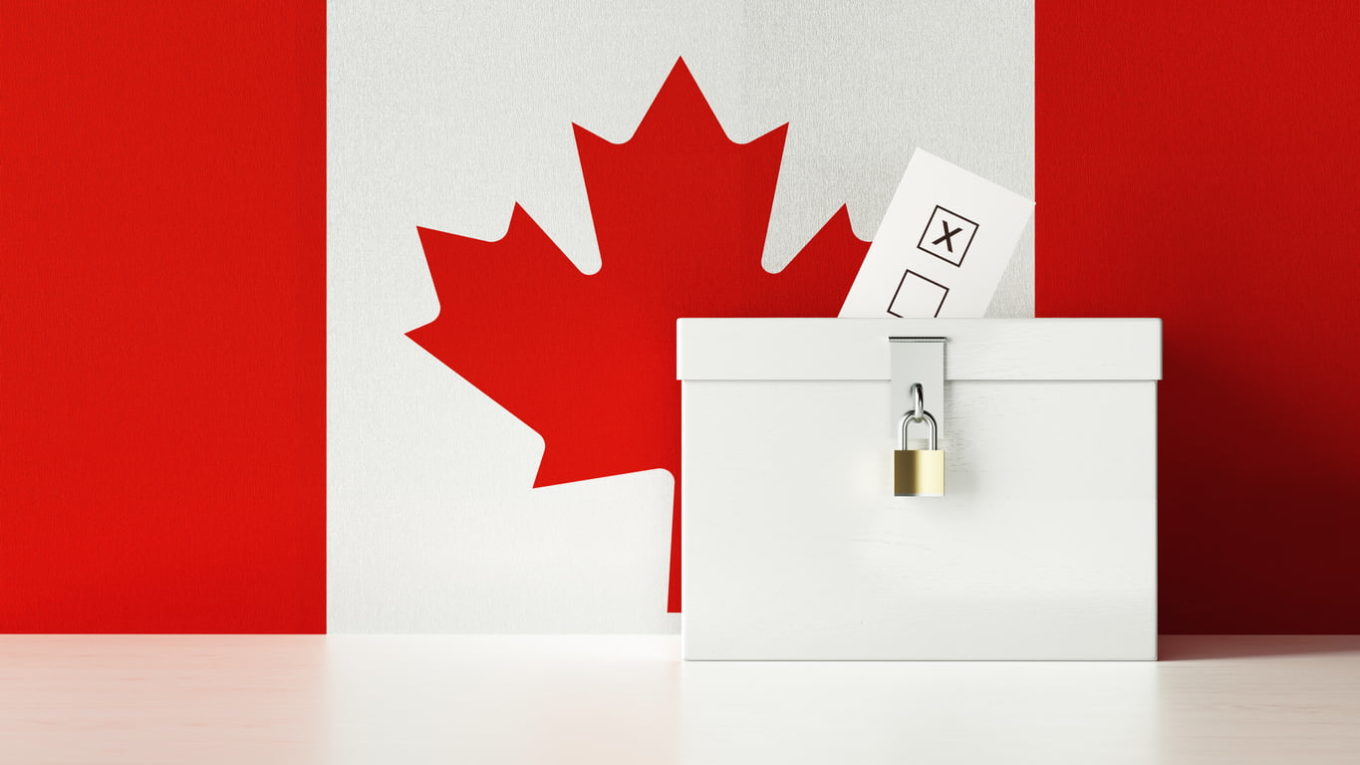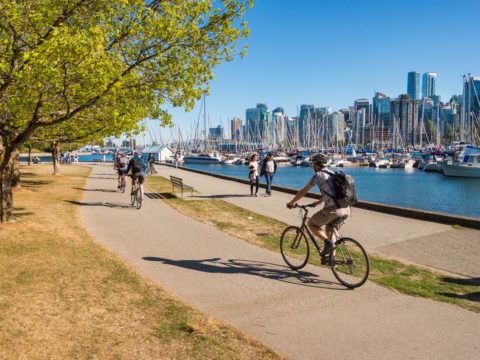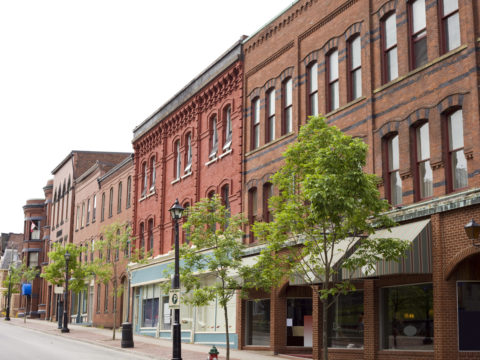
This proposed legislation would make New Brunswick the only province in Canada to grant voting rights to permanent residents in municipal elections.
Bill 28 was introduced to the New Brunswick legislature on Dec. 15, and if passed, would change the election rules of the province to allow permanent residents to participate in municipal elections.
The rule would apply to approximately 29,500 permanent residents living in the province.
Bill 28 and what it means for permanent residents in the province
Allowing permanent residents the right to vote in municipal elections was part of 23 recommendations made to the New Brunswick government in 2017. The independent commission sought ways to improve participation in the democratic process.
Surprisingly, permanent residents used to have the right to vote in municipal elections in New Brunswick but this right was removed from the Municipal Elections Act in 1998. Bill 28 seeks to restore this right to permanent residents moving forward.
The rights of permanent residents in Canada
Permanent residents, like citizens, must pay all applicable provincial and federal taxes. They are also eligible to receive social and health benefits and have all the protections of the Canadian Charter of Rights and Freedoms.
The main difference between being a Canadian citizen versus a permanent resident is that permanent residents cannot apply for a passport or vote in elections. Canadian elections occur at three levels of government, municipal, provincial, and federal elections.
This new measure introduced to the New Brunswick legislature, if ratified, would allow permanent residents to participate in municipal elections in the province. This would make New Brunswick the only Canadian province to grant this right to permanent residents and could lead the way for other provincial governments to do the same.
Why not become a Canadian citizen?
There are many reasons a permanent resident does not transition to a citizen. There is the residency requirement that every permanent resident must meet to be eligible to apply for Canadian citizenship.
Cost also plays a factor. If you are between 18 to 55, you must pay $630 to the government in addition to providing a language test results that range from between $300-$350.
Even if you do meet the residency requirement and can afford to pay the fees, circumstances beyond your control can also impact your ability to become a citizen. From March to the end of November, eligible citizenship candidates were unable to apply due to the ongoing COVID-19 pandemic.
With a bold plan to welcome 1.2 million permanent residents over three years, allowing these newcomers to participate in at least municipal elections could improve retention rates and help grow the Canadian family.




